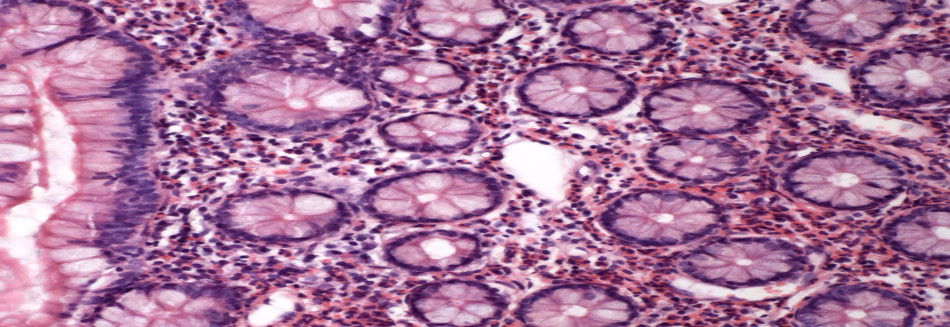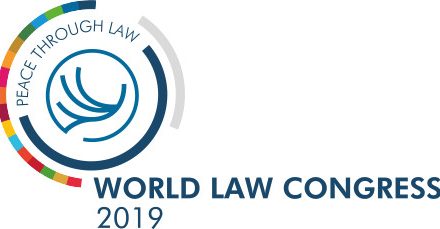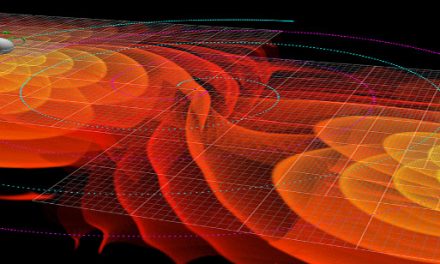“The great outbreak of gastroenteritis in Barcelona suggests that the management of the microbial risks of mineral waters could benefit from an additional analysis of the relevant viral pathogens”
Albert Bosch, full academician and president of the Experimental Sciences Section of the Royal European Academy of Doctors-Barcelona 1914 (RAED), argues in an article signed together with other specialists in the scientific journal Emerging Infectious Diseases that the bacterial analysis protocols that are currently carried out to guarantee the consumption of beverages and foods should include other relevant viral pathogens, such as noroviruses. It’s the conclusion of the study “Norovirus detection in bottled mineral water associated with gastroenteritis outbreak”, where the academician and other specialists in virology and public health analyse the outbreak of gastroenteritis that was suffered in Barcelona at the end of 2016 caused by the consumption of water bottled from Andorran springs.
The article explains how the cause of water pollution has not yet been elucidated, although the high number of people affected from 381 Barcelona offices that received water coolers and the many different genotypes found in the stool samples of some patients point to the contamination of the aquifer from where the mineral water was collected with wastewater. The pollution was, in fact, recognised by the Ministry of Health and Welfare of Andorra and the use of water for consumption was prohibited.
“This large outbreak suggests that the management of microbial risks from commercially produced mineral waters, universally based solely on bacterial parameters, could benefit from further analysis of relevant viral pathogens, such as noroviruses -the authors say-. The substantial costs incurred in the development, improvement and management of virus surveillance systems require a balanced approach to maintain both the cost and the time required for analysis within the limits of feasibility”.





